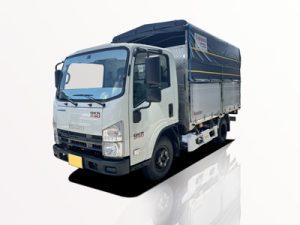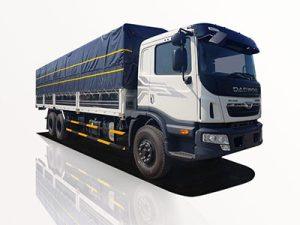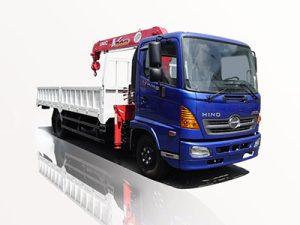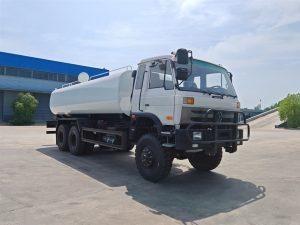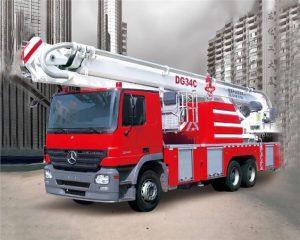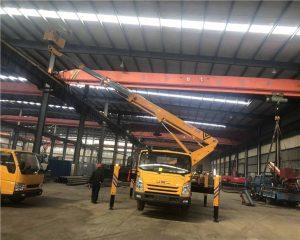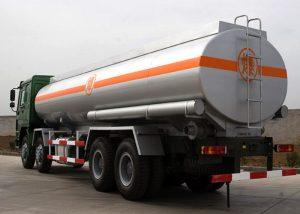Monday to Saturday - 8:00 -17:30
2013 Kenworth T370: A Comprehensive Guide
Introduction
The 2013 Kenworth T370 is a versatile medium-duty truck that has gained popularity among businesses for its reliability and performance. Designed primarily for various commercial applications—from delivery services to construction projects—this truck offers a powerful combination of functionality, comfort, and efficiency. This article will delve into the specifics of the 2013 Kenworth T370, including its specifications, features, advantages, and common maintenance practices, providing readers with the knowledge they need to make an informed decision about this workhorse of a truck.
Overview of the Kenworth T Series
What is the Kenworth T372?
The Kenworth T370 is part of Kenworth’s renowned T-Series, which is engineered for both medium and heavy-duty applications. The T370 stands out for its durability, extensive customization options, and adaptability for various uses including distribution, towing, and utility work. With a robust chassis and a comfortable cab, the T370 is built to handle the demands of everyday work.
Key Features of the 2013 Kenworth T370
- Engine Options: PACCAR PX-6 Diesel Engine
- Transmission: Available in both manual and automatic configurations
- Cab Design: Ergonomic and spacious for driver comfort
- Payload Capacity: Ideal for a wide range of applications
- Multiple Wheelbase Options: Configurable to suit specific needs
Specifications of the 2013 Kenworth T370
| Specification | Detail |
|---|---|
| Engine | PACCAR PX-6, 6.7L, Inline 6 Cylinder |
| Horsepower | 240-300 hp options |
| Torque | 660-860 lb-ft |
| Transmission | 6-speed manual or automatic |
| GVWR | Up to 33,000 lbs |
| Fuel Tank Capacity | Up to 100 gallons |
Performance and Efficiency
Engine Performance
The PACCAR PX-6 engine provides both power and efficiency, making the T370 suitable for demanding tasks. The engine is designed to deliver exceptional fuel economy while maintaining robust performance under heavy loads.
Fuel Efficiency
With innovative technology and design, the 2013 Kenworth T370 achieves impressive fuel efficiency ratings, often reaching up to 12 miles per gallon. This efficiency is crucial for businesses focused on cost-effectiveness.
Comfort and Convenience Features
Cab Design and Driver Comfort
The T370 features a state-of-the-art cab design that emphasizes driver comfort. Includes an ergonomic layout with intuitive controls, ample storage space, and adjustable seating to enhance the driving experience.
Technology and Connectivity
Modern Kenworth trucks, including the T370, are equipped with advanced technology such as Bluetooth connectivity and navigation systems. These features help drivers navigate efficiently and stay connected while on the road.
Customization Options
Chassis and Body Configurations
The T370 offers various chassis and body configurations to meet different business needs. Whether you require a flatbed, box truck, or tow truck setup, the Kenworth T370 can be customized accordingly.
Wheelbase Choices
With multiple wheelbase options ranging from 167 inches to 265 inches, the T370 can be tailored to suit the specific requirements of your operation, providing the right balance between maneuverability and payload capacity.
Cost of Ownership
Initial Purchase Price
The purchase price of a 2013 Kenworth T370 generally falls between $60,000 and $120,000, depending on configuration and mileage. It’s essential to compare prices from different dealers to find the best deal.
Maintenance Costs
Routine maintenance is critical for the longevity of the T370. Typically, maintenance costs range around $1,500 to $2,500 per year, which includes oil changes, inspections, and repairs. Investing in a good maintenance plan can significantly reduce total lifetime cost.
Common Applications of the 2013 Kenworth T370
Delivery and Distribution
Many businesses rely on the T370 for delivery services due to its payload capacity and maneuverability. Equipped with a box truck body, it can handle various goods efficiently.
Construction and Towing
With its robust frame and customizable features, the T370 is often seen on construction sites, transporting materials and equipment. Its excellent towing capacity makes it a valuable asset for contractors.
Maintenance and Care Tips for the 2013 Kenworth T370
Routine Inspections
Perform regular inspections to catch potential issues early. Check fluids, brakes, tires, and lights to ensure safety and performance are up to standard.
Scheduled Maintenance
Follow the manufacturer’s scheduled maintenance guidelines to maintain the warranty and prolong the life of your truck. This includes regular oil changes and transmission service.
FAQs about the 2013 Kenworth T370
What is the maximum towing capacity of the 2013 Kenworth T370?
The maximum towing capacity of the T370 can reach up to 15,000 lbs depending on the specific configuration and the weight distribution of the trailer.
Is the 2013 Kenworth T370 fuel efficient?
Yes, many drivers report an efficiency of around 12 miles per gallon, making it a cost-effective option for medium-duty trucks.
What types of bodies can the Kenworth T370 be configured with?
The T370 can be configured with various bodies, including flatbeds, box trucks, and utility bodies, catering to a wide range of industries.
How does the warranty for the Kenworth T370 work?
Kenworth typically offers a limited warranty for new trucks, covering major components like the engine and transmission. It’s important to check specific warranty details for used models.
What are the best practices for maintaining a 2013 Kenworth T370?
Regular inspections, following a scheduled maintenance plan, and using quality parts for repairs are essential to maintaining the T370’s performance and reliability.
Can the 2013 Kenworth T370 be used for long-distance hauling?
While it is primarily designed for medium-duty applications, with the right configuration and comfort features, many drivers find it suitable for long-distance travel as well.


